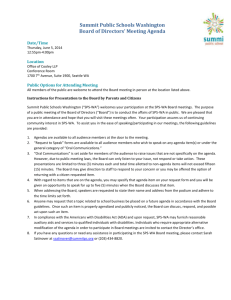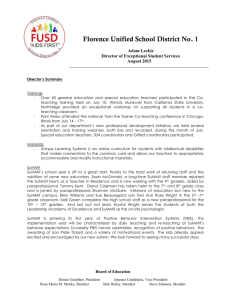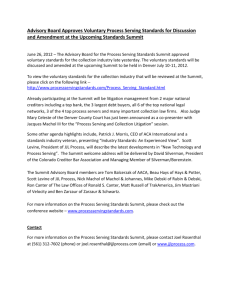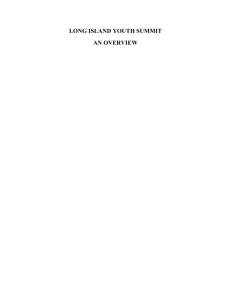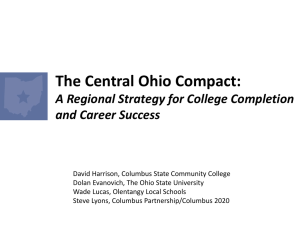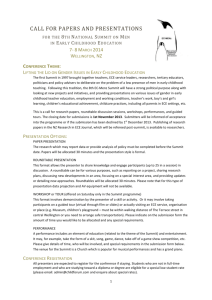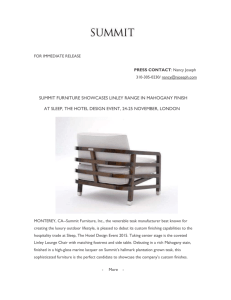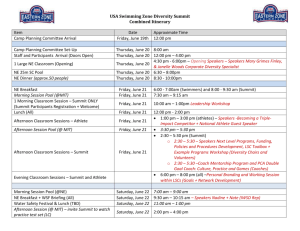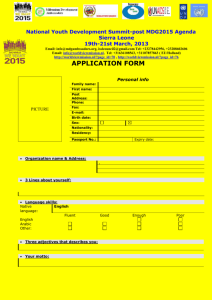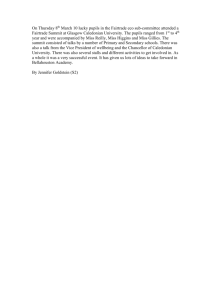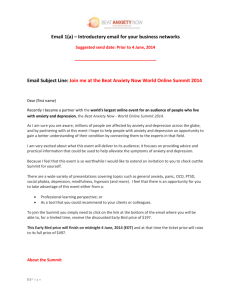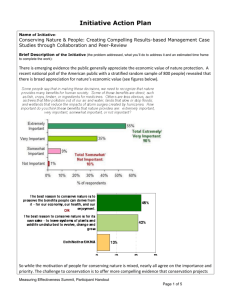Sir Jonathan Mills - Edinburgh International Culture Summit
advertisement
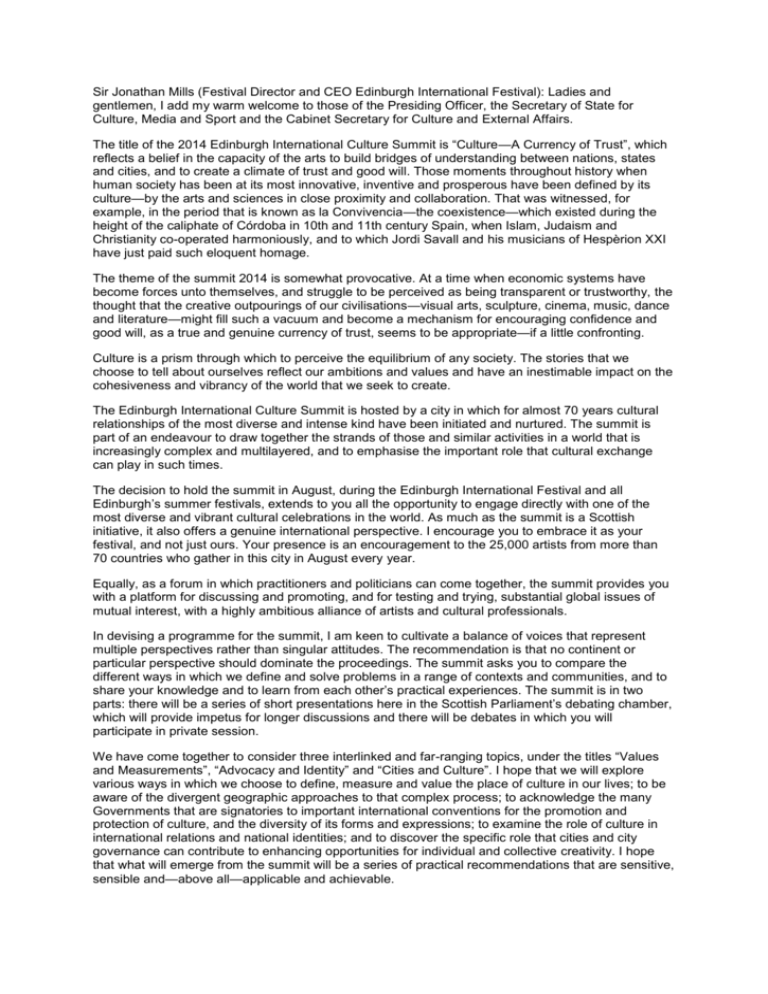
Sir Jonathan Mills (Festival Director and CEO Edinburgh International Festival): Ladies and gentlemen, I add my warm welcome to those of the Presiding Officer, the Secretary of State for Culture, Media and Sport and the Cabinet Secretary for Culture and External Affairs. The title of the 2014 Edinburgh International Culture Summit is “Culture—A Currency of Trust”, which reflects a belief in the capacity of the arts to build bridges of understanding between nations, states and cities, and to create a climate of trust and good will. Those moments throughout history when human society has been at its most innovative, inventive and prosperous have been defined by its culture—by the arts and sciences in close proximity and collaboration. That was witnessed, for example, in the period that is known as la Convivencia—the coexistence—which existed during the height of the caliphate of Córdoba in 10th and 11th century Spain, when Islam, Judaism and Christianity co-operated harmoniously, and to which Jordi Savall and his musicians of Hespèrion XXI have just paid such eloquent homage. The theme of the summit 2014 is somewhat provocative. At a time when economic systems have become forces unto themselves, and struggle to be perceived as being transparent or trustworthy, the thought that the creative outpourings of our civilisations—visual arts, sculpture, cinema, music, dance and literature—might fill such a vacuum and become a mechanism for encouraging confidence and good will, as a true and genuine currency of trust, seems to be appropriate—if a little confronting. Culture is a prism through which to perceive the equilibrium of any society. The stories that we choose to tell about ourselves reflect our ambitions and values and have an inestimable impact on the cohesiveness and vibrancy of the world that we seek to create. The Edinburgh International Culture Summit is hosted by a city in which for almost 70 years cultural relationships of the most diverse and intense kind have been initiated and nurtured. The summit is part of an endeavour to draw together the strands of those and similar activities in a world that is increasingly complex and multilayered, and to emphasise the important role that cultural exchange can play in such times. The decision to hold the summit in August, during the Edinburgh International Festival and all Edinburgh’s summer festivals, extends to you all the opportunity to engage directly with one of the most diverse and vibrant cultural celebrations in the world. As much as the summit is a Scottish initiative, it also offers a genuine international perspective. I encourage you to embrace it as your festival, and not just ours. Your presence is an encouragement to the 25,000 artists from more than 70 countries who gather in this city in August every year. Equally, as a forum in which practitioners and politicians can come together, the summit provides you with a platform for discussing and promoting, and for testing and trying, substantial global issues of mutual interest, with a highly ambitious alliance of artists and cultural professionals. In devising a programme for the summit, I am keen to cultivate a balance of voices that represent multiple perspectives rather than singular attitudes. The recommendation is that no continent or particular perspective should dominate the proceedings. The summit asks you to compare the different ways in which we define and solve problems in a range of contexts and communities, and to share your knowledge and to learn from each other’s practical experiences. The summit is in two parts: there will be a series of short presentations here in the Scottish Parliament’s debating chamber, which will provide impetus for longer discussions and there will be debates in which you will participate in private session. We have come together to consider three interlinked and far-ranging topics, under the titles “Values and Measurements”, “Advocacy and Identity” and “Cities and Culture”. I hope that we will explore various ways in which we choose to define, measure and value the place of culture in our lives; to be aware of the divergent geographic approaches to that complex process; to acknowledge the many Governments that are signatories to important international conventions for the promotion and protection of culture, and the diversity of its forms and expressions; to examine the role of culture in international relations and national identities; and to discover the specific role that cities and city governance can contribute to enhancing opportunities for individual and collective creativity. I hope that what will emerge from the summit will be a series of practical recommendations that are sensitive, sensible and—above all—applicable and achievable. Since the programme went to print, there have been a few last-minute changes. Because of urgent, sad and unforeseen circumstances, Irina Bokova cannot be with us. Danielle Cliche, who is secretary of the United Nations Educational, Scientific and Cultural Organization Convention on the Protection and Promotion of the Diversity of Cultural Expressions, will present the speech that Madam Bokova prepared and will read it on her behalf. I am grateful to Shona McCarthy, the chief executive of the Culture Company 2013, who provided such inspired leadership to the city of Londonderry as part of the UK’s inaugural city of culture programme in 2013, for replacing Bridget McConnell as the rapporteur for our cities and culture discussions. I acknowledge the support of the summit 2014 programme partners: the Aga Khan Foundation, Asialink, the United Cities and Local Governments agenda 21 for culture, UNESCO, and the Massachusetts Institute of Technology’s media lab. I wish you well in the deliberations at the summit, and I hope that your time in Edinburgh is inspiring and rewarding. Thank you, and enjoy the days that we have together.
